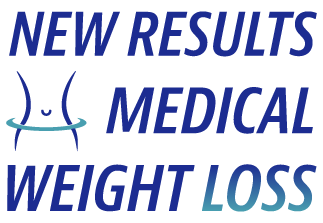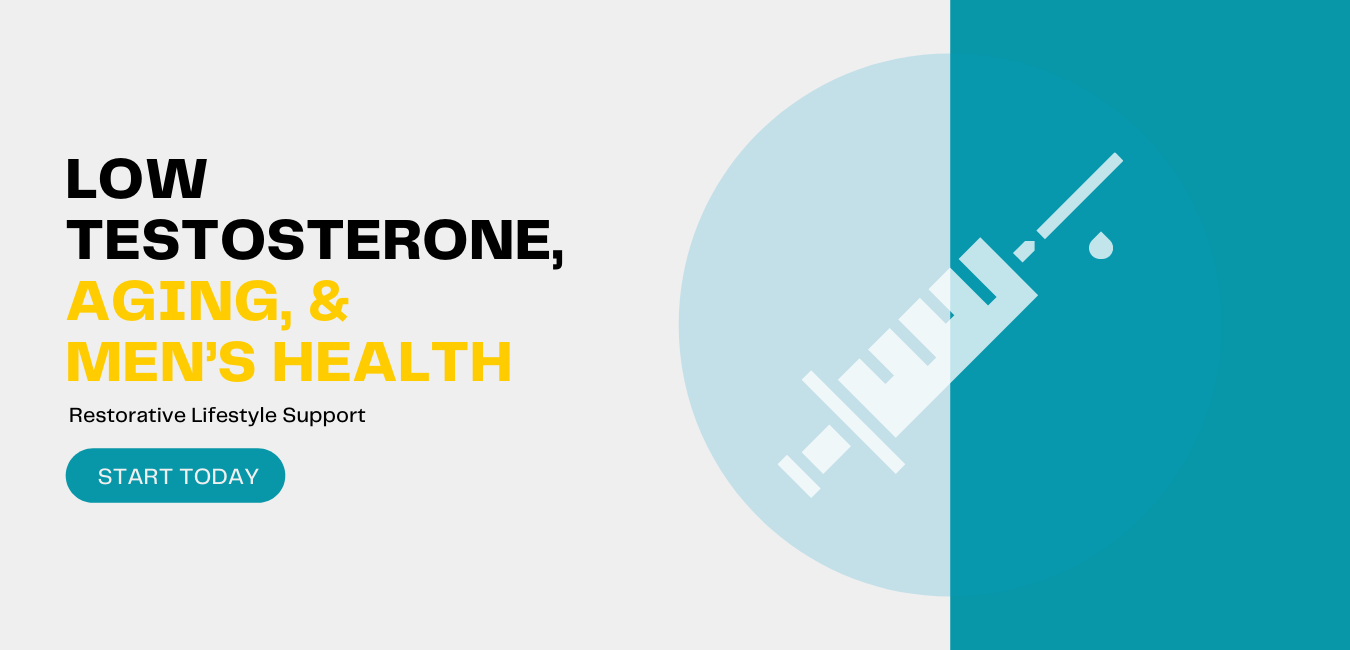What is testosterone?
Testosterone is the primary sex hormone in men and is responsible for many of the physical characteristics, attributes, and abilities that are considered “masculine” (such as muscle mass, body hair and sex drive). In addition to its role in sexual production and maturity, testosterone is also required for many other bodily functions and is thus considered to be a general promoter of overall health and well-being and is the most important hormone in men.
What is low testosterone?
Low testosterone, also known as low T, refers to the decline in testosterone levels due to aging, lifestyle factors and/or certain health conditions. Testosterone deficiency (male hypogonadism) means that the body is not producing enough of the natural-occurring male hormone to meet normal daily requirements needed to sustain normal male functioning. Testosterone production varies widely in men, so it’s difficult to say what levels have medical significance.
What are the symptoms of low testosterone?
Although it is difficult to define what levels of testosterone production warrant being called “low T,” decline in production can have widespread effects in men. Having testosterone levels below the normal range can result in numerous symptoms, including decreased muscle mass, fatigue, irritability, insomnia, hair loss, low sex drive, and erectile dysfunction. Low levels of testosterone can also contribute to depression, confusion and other mental health symptoms (without adequate levels of the male hormone testosterone, the brain doesn’t get all of the signals it needs in order to properly function).
What causes low testosterone?
Testosterone deficiency is considered a “normal” part of aging that every man will experience at some point in his life. There are multiple factors that can cause or contribute to decreased testosterone production, including your age, family history, even certain medical issues. In men under 50, a drop in testosterone levels can be caused by diabetes, liver or kidney disease, problems with the pituitary gland and other illnesses. Lifestyle factors may also contribute to low T. An unhealthy diet, lack of exercise or physical activity, drug/alcohol abuse, and smoking may cause low testosterone levels in some men.
Is low testosterone a normal part of aging?
Testosterone levels decline naturally with age. The prevalence of low testosterone increases with age, affecting about 20% of men between ages 60 and 70, 30% of men after age 70 and up to age 80, and about half of all men older than 80. Naturally declining levels of the male hormone testosterone associated with aging occur almost imperceptibly as you get older, but for younger men in their 30s, 40s or 50s, a significant decline in testosterone can impact their quality of life and is by no means considered “normal.”
Is low testosterone permanent?
Declining levels of testosterone production is not permanent in all cases for all men experiencing symptoms of low T. Lifestyle changes may contribute to an uptick in testosterone production. Other treatment options, such as testosterone therapy and hormone optimization, can also help restore testosterone levels to normal so you can feel younger, look younger and restore your sex drive.
How is low testosterone treated?
As mentioned previously, there are multiple approaches to raising testosterone levels. The treatment option that you decide on will depend on the reason your testosterone levels have dipped, what symptoms you are experiencing and the results you want to see. For example, you can try exercising more and changing your diet to eat more foods that may encourage the body to produce more testosterone, such as oysters, leafy greens, fatty fish, olive oil and other foods high in zinc, vitamin D and magnesium. Other options include testosterone replacement therapy and hormone optimization (HGH-releasing peptide therapy).
How do I begin treatment for low testosterone?
If you’re experiencing symptoms of low T and want to feel more like the man you remember, contact New Results Medical Weight Loss Center. Low T can be diagnosed and measured using a simple blood test, and then we can recommend the right treatment option to help you restore testosterone levels to normal. In addition to hormone optimization and testosterone replacement therapy, we can also provide individualized nutrition and exercise plans to help boost testosterone levels naturally.

